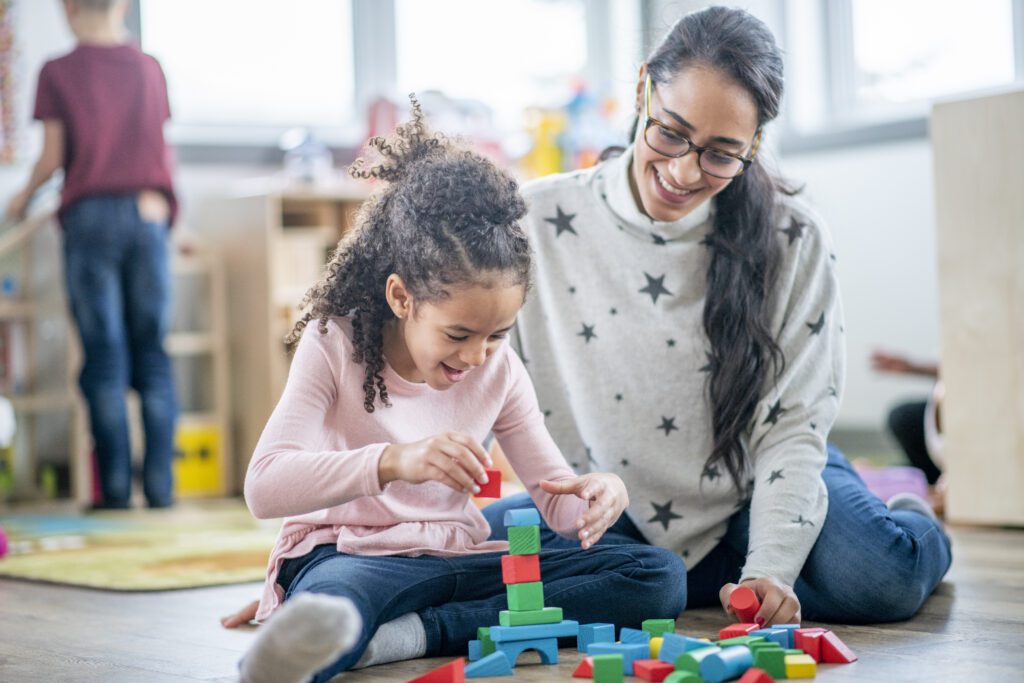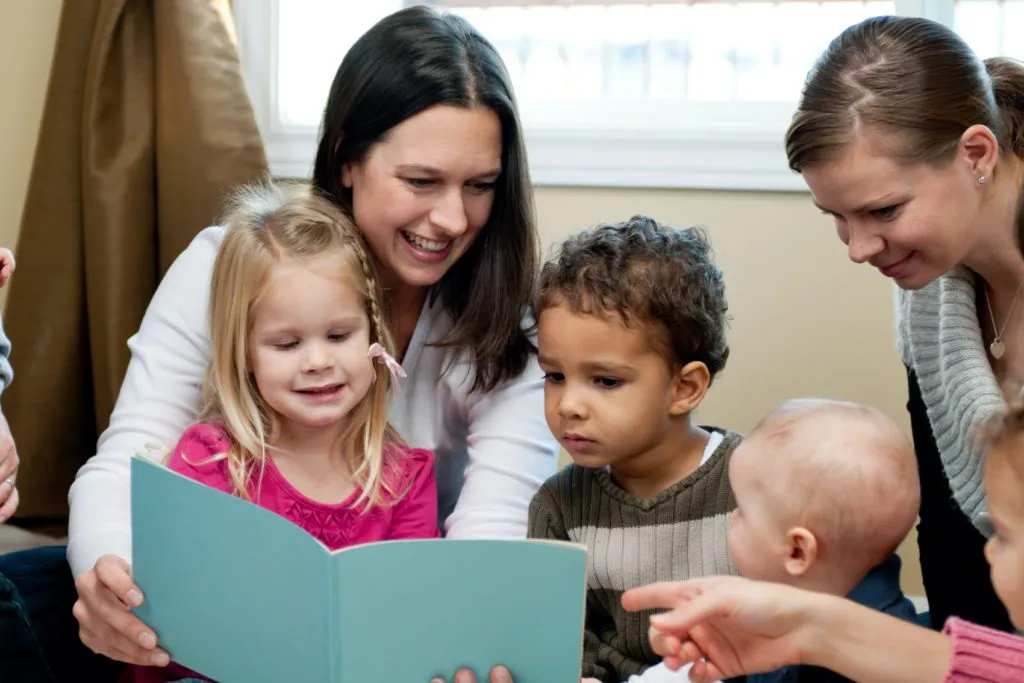Unlocking the Power of Observation: 3 Key Insights for Educators

Teaching, coaching, and mentoring offer immensely powerful experiences due to the vulnerability of all participants and the shared expectation of fostering change and growth. In my role as a Coach Mentor in the Coaches’ Corner of The Hub, I consider myself truly fortunate to collaborate with educators committed to enhancing teaching and learning in early childhood programs. Therefore, when two coaches I was mentoring, Tasha Lind and Shannon Brown of North Dakota’s Best In Class program, approached me to read and discuss the book I had recommended, The Power of Observation, I was so very enthusiastic.
Our initial discussion about the book was a reflection of its title: observation is a powerful experience. Although the book dates to 1999 and was last published in 2017, I felt a personal connection with its content from years ago, and I firmly believe it remains essential reading for educators. During one of our Coach Mentor sessions, Tasha shared that The Power of Observation precisely addressed the needs of her educators. She said, “This is exactly what we’ve been missing.”
This admission brought tears to my eyes!
From both the book and our subsequent conversation, three key insights stood out.
- Observing With an Open Attitude
The opening chapter encourages a shift in perception, framing observation not merely as a skill but as an opportunity to explore and learn about each child. This mindset prompts observers to appreciate each child’s unique qualities, prompting a deeper understanding of their individual dimensions, temperament, learning preferences, and personality. - Building Individual Relationships Through Observation
In the second chapter, the book challenges us to express respect and appreciation for each child, emphasizing the potential influence of our own feelings towards them on our interactions. Taking time to reflect on aspects of our communication, such as our tone of voice and facial expressions, can lead to recognizing the importance of tailoring our approach to each child. Through such familiarity, we gain the insight needed to apply suitable teaching and learning strategies for each individual and for the groups of children with whom we work. - Understanding the Observer Within
The book’s third chapter delves into the notion that every educator carries a unique background, personality, beliefs, experiences, and pursuits. When part of your work requires observation-based assessment, acknowledging these factors is particularly insightful, as they can shape our perceptions and lead to assumptions or biases that might hinder our effectiveness.
As educators, we often focus on the practical aspects of observing, such as effective strategies, setting up and planning for skilled observation, and utilizing observation data for instructional planning. However, these three additional components—maintaining an open attitude, building personalized relationships through observation, and recognizing our own observer biases—are indispensable for harnessing the full power of observational assessment.
If you have previously read The Power of Observation, are looking for a reason to reread it, or are thinking about adding it to your reading list in the near future, consider this your invitation to join me in a discussion of this informative and inspiring book. You can find me in the Coaches’ Corner of The Hub and in the general forum. I look forward to connecting with you.
Elevate your entire coaching cycle and boost outcomes for children with the Professional Development Coach Membership.
About the Author: Erin Holden
 Drawing upon more than two decades of expertise, Erin stands as a seasoned educator specializing in impactful professional development and coaching. Following a tenure in early childhood classrooms across New Jersey and Maryland, Erin transitioned to the Teaching Strategies team in 2006. She has since evolved into a skilled trainer, coach, and technical assistance provider, catering to the needs of early childhood educators and school leaders leveraging Teaching Strategies solutions.
Drawing upon more than two decades of expertise, Erin stands as a seasoned educator specializing in impactful professional development and coaching. Following a tenure in early childhood classrooms across New Jersey and Maryland, Erin transitioned to the Teaching Strategies team in 2006. She has since evolved into a skilled trainer, coach, and technical assistance provider, catering to the needs of early childhood educators and school leaders leveraging Teaching Strategies solutions.


